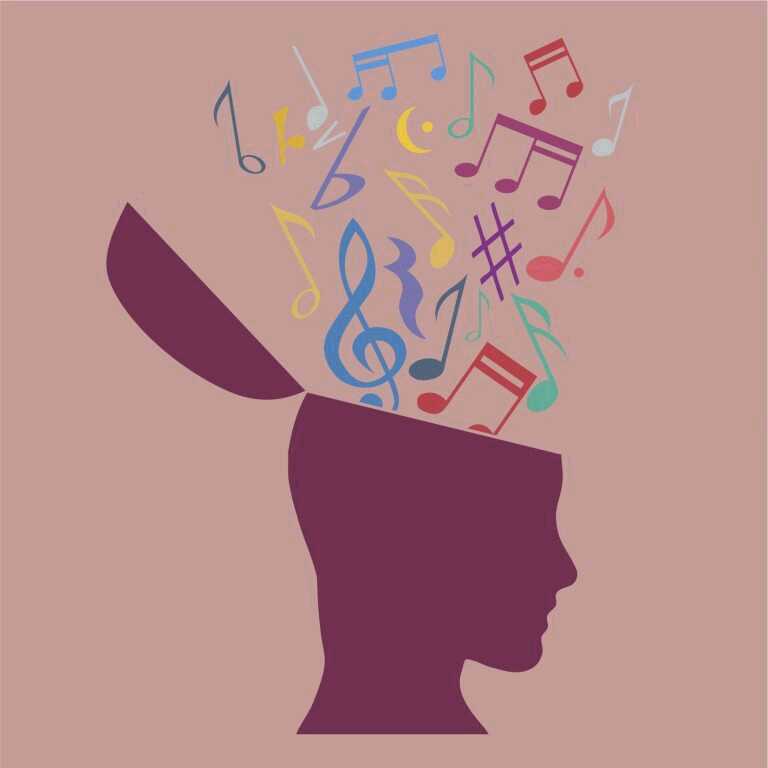
It is no secret that music has a profound impact on the human race. Music has been an integral part of every major civilization and continues to be a driving force in day-to-day life. Whether you hum along to Beyoncé on your morning commute or rock a mean air guitar listening to Def Leppard when you’re home alone, music is an important part of most people’s lives.
Music also has the power to uplift or bring down. A 2013 study demonstrated that music is (effectively) used to regulate mood, whether the mood sought after is excited, happy, sad, or relaxed. This study demonstrated the use of music by everyday people—so what about music therapy?
Music Therapy
 Music Therapy is a therapeutic technique in which a patient is evaluated for physical or psychological needs, before undergoing a personalized regimen of creating, singing, listening, or dancing to music—or a combination of the four. Music therapy is used in hospitals, schools, psychiatric clinics, and convalescent homes. Music therapy has also had a demonstrably positive effect on diabetes mellitus.
Music Therapy is a therapeutic technique in which a patient is evaluated for physical or psychological needs, before undergoing a personalized regimen of creating, singing, listening, or dancing to music—or a combination of the four. Music therapy is used in hospitals, schools, psychiatric clinics, and convalescent homes. Music therapy has also had a demonstrably positive effect on diabetes mellitus.
5 Ways Music Therapy Benefits Diabetes Patients
#1. Lowers Anxiety Levels
Music is a known antidote to stress and stress hormones. Regulating hormone levels is important in treating diabetes, as elevated cortisol levels can increase blood pressure and the risk of heart disease.
#2. Improves Cognitive Function
Music has been shown to help improve cognitive function, including concentration and memory. For diabetes patients, better concentration and memory could be the difference between consistently taking medication, adhering to a diet and exercising, and failing to follow a consistent treatment protocol.
#3. Inspires Activity
Music has also been proven to inspire physical activity, which is a must for diabetes patients. Music can be used to motivate you to begin exercising, keep you going during exercise, and can even help elevate your heart rate. One study found that in elderly patients listening to music while performing lower extremity exercises resulted in improved circulation and movement.
#4. Improves Motor Skills
In a study of Parkinson’s patients, it was discovered that music actually helped nerves function more effectively. The patients involved in the study were able to walk more with easy while listening to music than they could without. For neuropathy patients or those at risk of developing neuropathy, this study is particularly exciting as it can stave off the degradation of nerves and nerve connections.
#5. Boosts Immunity
Finally, music therapy has the benefit of boosting immunity through helping the body produce immunoglobulin A, which increases the body’s immune response. A heartier immune system helps reduce inflammation, ward off infection, and promotes faster healing, all of which can be impaired by diabetes.
ReferencesNCBI. Accessed 5/5/17.
Science Direct. Accessed 5/517.
AMTA. Accessed 5/5/17.
NCBI. Accessed 5/5/17.
